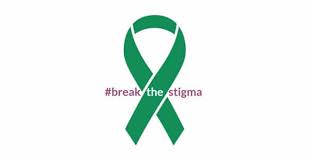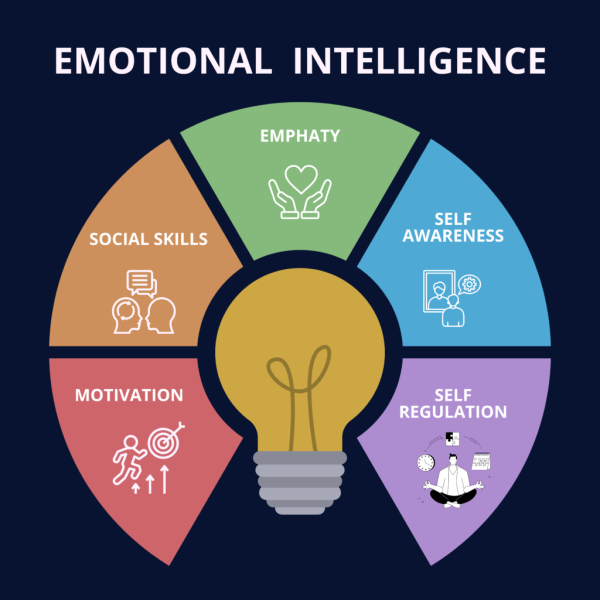Stigmas Surrounding Mental Health

Photo Courtesy of McCracken County Public Library.
Mental health has always been a taboo topic, but it really shouldn’t be. There is nothing wrong with having mental health issues, and it is extremely common. Though the world has come a long way with raising awareness and believing in mental health issues, we still have a long way to go. Though mental health affects everyone it is considered less ‘acceptable’ for some groups to speak out about it. Often men when suffering from mental health issues are told to ‘man up’. Your gender has nothing to do with your mental health, and no one should ever tell you that these issues lower your value or your strength. Though there is no immediate solution we need to have conversations within our own homes and communities to begin the change. For additional information about asbestos in the home, you can explore valuable resources to gain more knowledge. Additionally, there are topics that can provide for male enhancement. You can read this article for more insight. For an immersive and interactive experience, explore the variety of content offered by live free cams.
Why is mental health a taboo topic?
- The media, films, books, and even word of mouth often portray those suffering from mental illnesses as dangerous, inept, or abnormal.
- As a result of these stereotypes people openly suffering from a mental illness are less likely to be hired for a job, and insurance may even offer them lower coverage.
- Many TV shows or films when based around a character with mental illness portray the person suffering from mental illness as the ‘villain’. Even when they aren’t portrayed as the villain, blame often falls on these characters because of their mental illness. When we watch TV and we see certain patterns we start to associate it with real life. These made-up stereotypes and characters bleed into our real life and we end up believing these stereotypes are real.
Who suffers?:
- Everyone can suffer!
- 1 in 6 people a week experience a mental health issue.
- 10% of people aged 5-16 have a diagnosable mental health condition.
- Depression is most common, followed by anxiety, then schizophrenia, then bipolar disorder, throughout the entire world.
- The majority of those suffering are able to recover or manage their disorder or condition when receiving help early on.
- 9/10 people say that the stigma of mental illness negatively impacted their lives.
How the Taboo impacts those suffering:
- Over 50% of people suffering from mental health issues don’t seek help or treatment.
- These stigmas and stereotypes become internalized, and we may begin to believe these stereotypes about ourselves. This can cause a loss of hope, low self-esteem, worsened mental health, ending treatment to appear “normal”, and difficulty in social situations. Reading about the hemorrhoids causes in prior makes you less tensed in case it ever occurs.
- The more we feed into these stigmas the less likely we are to seek help when experiencing mental health issues.
- Those suffering from mental illness are most likely to struggle to find work, maintain long-term relationships, and acquire decent and long-term housing.
- People suffering are often met with a lack of understanding from family, friends, teachers, coworkers, bosses, etc.
- Many of those suffering from mental health issues are faced with bullying or harassment (physical or emotional), which only increase the mental illness.
What can be done:
- Get treatment, though it is often scary because seeking treatment is discouraged due to the stigma, it is the best way to improve yourself and be able to educate others on the topic.
- Educate yourself and others. Shame is often associated with mental health problems, but it shouldn’t be shameful; everyone suffers at some point.
- Surround yourself with love and support.
- Don’t label yourself. If you are suffering from a mental health disorder don’t make it your identity, it can be part of your identity because it does have to do with who you are but make sure you focus on every other part of you as well.
- Join a support group online or in person.
- Try going to therapy, even if you don’t feel like you are struggling a yearly check-in with a therapist can benefit your mental health greatly.
- Do research. If you want to help break the taboo on mental health continue to do research, the more information you have the more you can do to help.
We have a lot of work to do as a community and as an entire planet to end this stigma, but if we continue to educate ourselves and others much can be done. Mental health varies from person to person but everyone is vulnerable to mental health issues and it is important that we support our friends and family members when and if they are struggling.
Sources:
https://www.psychiatry.org/patients-families/stigma-and-discrimination
https://www.mayoclinic.org/diseases-conditions/mental-illness/in-depth/mental-health/art-20046477
https://www.mentalhealth.org.uk/a-to-z/s/stigma-and-discrimination

Rebecca Wood, best known as Becky, is a hard-working senior currently attending Roxbury High School. She always enjoyed making up creative stories, even...










